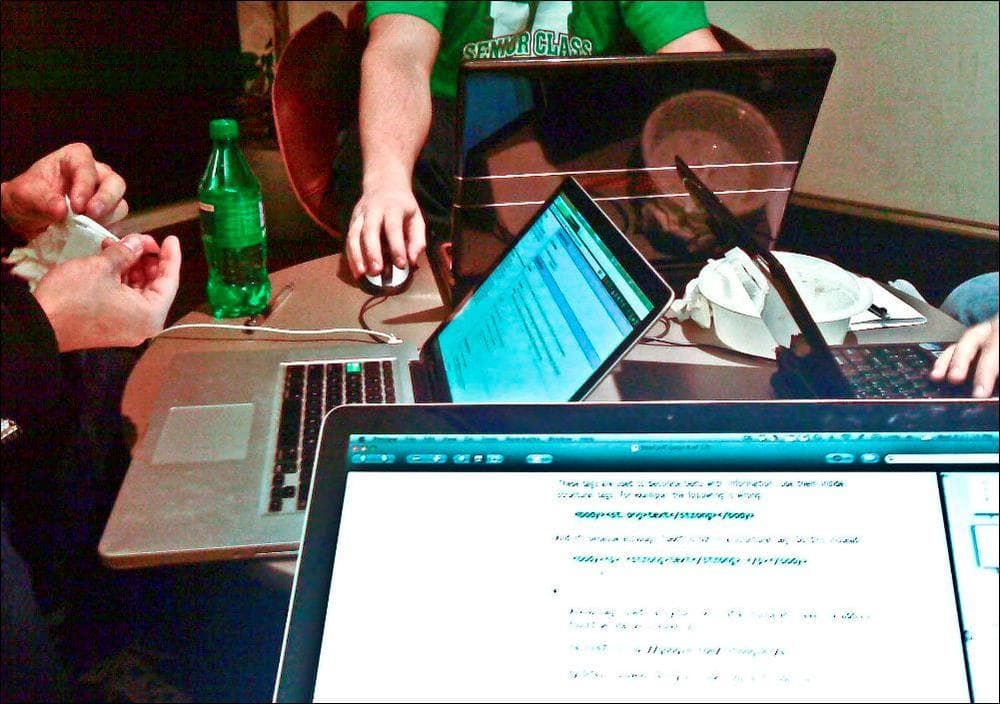Advertisement
Algorithm Finds Top Programmers, No Resume Required
Resume
What if you never had to do another job interview or submit a resume ? Basically, your work would be judged based on it’s quality, and things missing from your resume—like a name brand college or a plum job—wouldn’t immediately put you out of the running for an open position.
It’s not so far-fetched. The San Francisco-based company Gild is using complex algorithms to discover talented programmers who fly under the radar, because they lack traditional markers employers use to determine someone's skills.
The idea came to Sheeroy Desai, the co-founder of Gild, when he found some of the best developers he had worked with went to less prestigious colleges and had worked at less well-known companies.
“Our theory was that there was very little correlation between what someone had studied, or where they worked, and there was more of a correlation between the work that they had actually done in the past,” Desai told Here & Now.
Gild's chief scientist, Vivienne Ming, says the traditional markers employers use to judge candidates do not predict or speak to a potential hire's abilities.
“Our own internal research indicates that there’s probably 10 to 100 times as many qualified candidates for every one of those very highly credentialed individuals,” she said.
The Gild algorithms scour the internet, focusing on sites like GitHub and GoogleCode where programmers share their code.
Based on the quality of the code, the popularity of the code with other programmers and other criteria, Gild can determine the ability of the programmer and match him or her to their clients' needs. It's a more merit-based system, according to Ming.
“It’s really proving yourself to the other engineers, and it’s using that to prove yourself to potential employers,” she said.
Ming is working on taking the model for vetting programmers to other industries. She's working on new algorithms that analyze a person’s online presence—their blog posts, their opinions on Twitter, how they present themselves on LinkedIn—and using that data to predict a person’s ability.
Gild's service is meant to complement rather than replace the role of the humans who are doing the hiring.
“What we are trying to do is just make it way more efficient and take a lot of these biases out of the initial screening process," said Desai. "What we are trying to do is give this hiring manager five people, and all five are highly qualified, and then they can say, ‘Okay, I’m now going to choose the best person.’”
- New York Times: How Big Data Is Playing Recruiter for Specialized Workers
Would you trust a computer algorithm to find good candidates for a job? Tell us on Facebook or in the comments.
Guests:
- Sheeroy Desai, co-founder of Gild. He tweets @sheeroy.
- Vivienne Ming, chief scientist at Gild. She tweets @neuraltheory.
This segment aired on May 21, 2013.